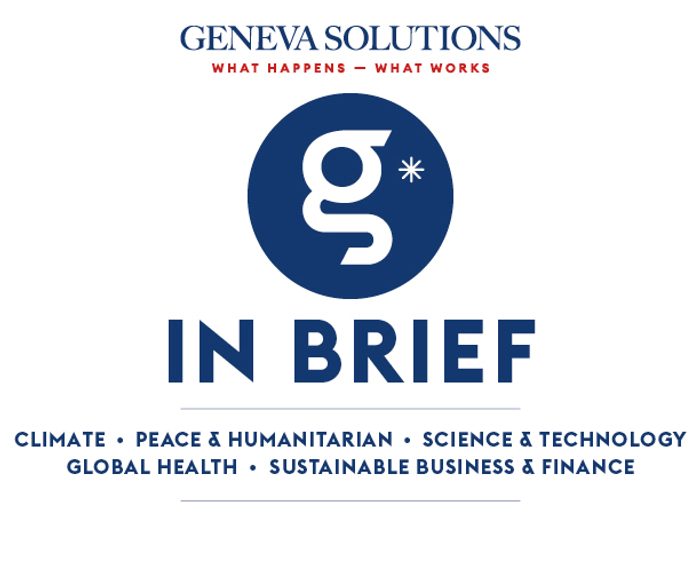Hello, this is Michelle. Countries meeting last week in Geneva decided to step up action against the soaring illegal trade of mercury.
Washington’s bilateral approach threatens to undercut multilateral health negotiations at the WHO. And, why peace and climate aren’t popular pairings at this year’s climate summit. |

An illegal gold miner works with mercury in Nova Olinda, Brazil, 26 November 2021. (Keystone/AP Photo/Edmar Barros)
|
|
|
GS news is a new media project covering the world of international cooperation and development. Don’t hesitate to forward our newsletter!
Have a good day!
|

|
|
Avenue du Bouchet 2
1209 Genève
Suisse
|
|
|
|








